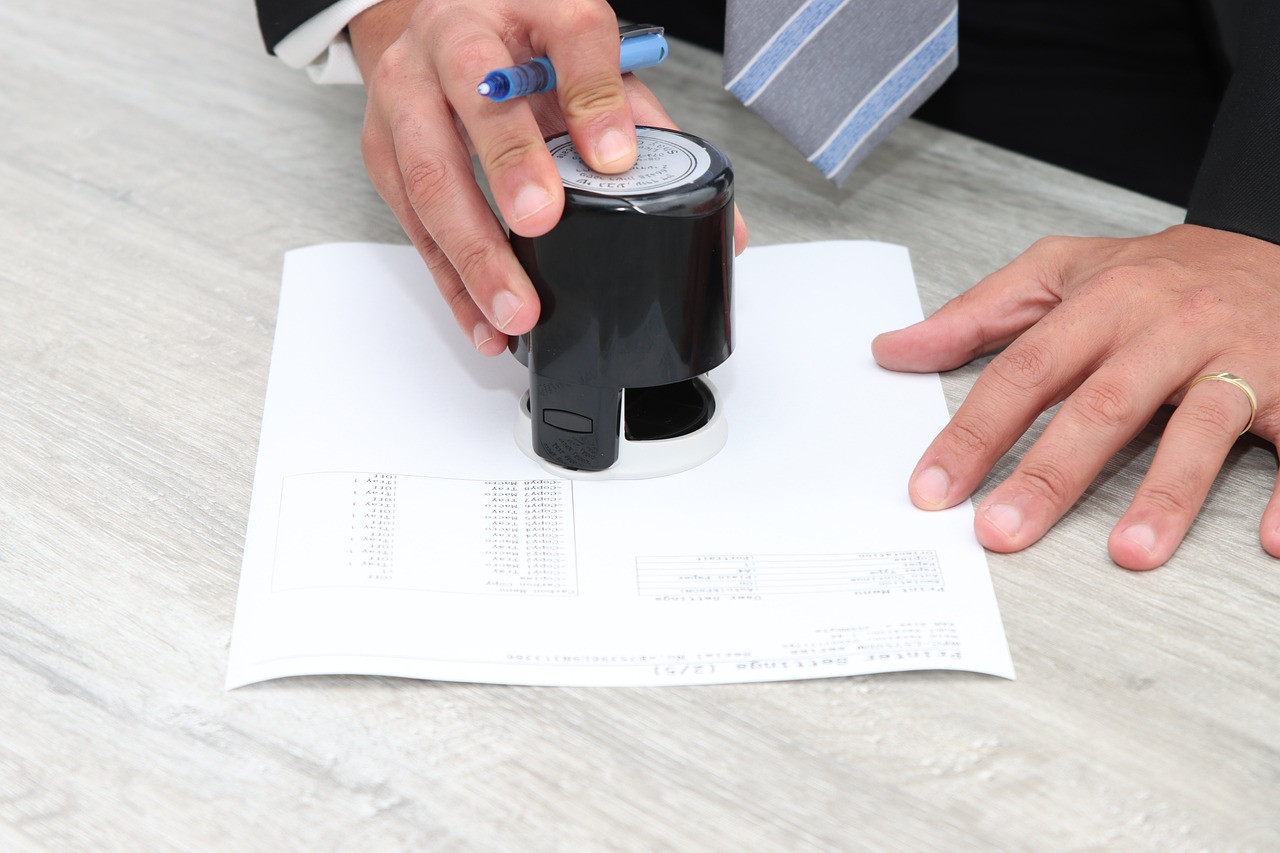
Do you have to be served for small claims court cases in California? Yes, one must serve the other party with a copy of the filed forms to start a small claims case in the state. Proper service of process ensures the defendant is notified about the case and has an opportunity to respond, which is a crucial step in pursuing legal action.
Process serving in California is an intricate process that needs to be executed properly and correctly. The state has specific requirements and deadlines that must be met to ensure the legal validity of the service. Failing to comply with these rules can result in delays or even dismissal of the case. Whether you’re a plaintiff looking to serve a defendant or a defendant needing clarity about the process, understanding the nuances of process serving is essential.
In this article, we’ll discuss how to serve someone for small claims court cases in California and the unique rules to follow. By breaking down the steps, outlining the methods of service, and highlighting critical deadlines, this guide will equip you with the knowledge needed to navigate the small claims process effectively.
How to Serve Someone for Small Claims Court in California
Laws differ from one state to another regarding service of process for small claims.
In California, strict guidelines govern how and when a party must be served to ensure fairness and compliance with court rules. Understanding how to serve someone for small claims court California cases is essential for ensuring your case proceeds smoothly and without unnecessary delays.
Step 1: Contact the Defendant to Discuss the Problem and Try to Resolve It
Before initiating a formal legal action, it’s wise to reach out to the defendant and attempt to resolve the issue amicably. Open communication may help clarify misunderstandings or lead to a mutually acceptable resolution without the need for court involvement.
California courts encourage parties to consider mediation as an alternative to filing a lawsuit. This allows both sides to negotiate and find common ground with the assistance of a neutral third party.
Resolving disputes through dialogue can save time, money, and stress while preserving relationships.
However, if these efforts fail, filing a claim becomes necessary.
Step 2: File a Plaintiff’s Claim and Order Form to Go to Court
If mediation or direct negotiation doesn’t resolve the issue, the next step is to file a Plaintiff’s Claim and Order to Go to Small Claims Court (Form SC-100). This document formally initiates your case and outlines your claim, including the amount sought and the reasons behind it.
Filing must be done at the appropriate courthouse based on jurisdictional rules, such as the location of the dispute or where the defendant resides.
Ensure that all forms are completed accurately, as any errors could lead to delays or complications in your case.
Step 3: Have the Form Delivered to the Defendant
Once the claim is filed, you must serve the defendant with a copy of the Plaintiff’s Claim and Order to ensure they are notified of the lawsuit.
California law requires personal or substituted service, where the documents are left with someone else at the defendant’s home or workplace.
While you may consider handling this yourself, the best way to ensure proper service is by hiring a professional process server. Experienced process servers understand California’s specific rules and deadlines for small claims cases, reducing the risk of errors that could invalidate the service.
Step 4: File a Proof of Service
After serving the defendant, you must complete and file a Proof of Service form (Form SC-104) with the court. This document confirms that the defendant has been served correctly and on time, as required by California law.
The proof of service, or affidavit of service, must include details, such as the date, time, and method of service, along with the name of the individual who served the documents.
Without this step, your case cannot proceed. Filing the proof of service ensures the court has a record of compliance, allowing your claim to move forward to the hearing stage.
By following these steps carefully, you can ensure proper and timely service of process, setting your small claims case on the path to resolution.
Who Can Serve Process in California
In California, legal documents for small claims cases can be served by various individuals, including the county sheriff or marshal. While this is a valid option, many people prefer to hire a professional process server for greater reliability and efficiency.
Process servers are experts in delivering legal documents in compliance with the state’s strict service rules. Not only do they know to answer critical questions, like “Do you have to be served for small claims court?” but also understand the importance of ensuring that documents are served properly.
Additionally, process servers often have the flexibility to make multiple delivery attempts, adapt to challenging situations, and provide proof of service promptly.
By hiring a professional, you can ensure your case proceeds without unnecessary complications.
Methods of Service
Ensuring the defendant is informed about your lawsuit is a critical part of the small claims process. While you cannot serve the documents yourself, California law allows for three primary methods of service.
Personal Delivery
So, do you have to be served in person for small claims court?
Personal service is the most common and reliable method. This involves having someone who is not a party to the case and is at least 18 years old deliver the documents directly to the defendant. The server must ensure the documents are handed to the defendant within California’s borders, except in cases involving out-of-state drivers or property owners.
For accuracy and professionalism, many people opt to hire registered process servers. These professionals ensure the delivery is executed according to the state’s legal standards and provide a proof of service to the court.
Certified Mail
Only the court clerk can send the documents via certified mail with a return receipt requested. The defendant must personally sign the green card and return it to the court for the service to be valid.
This method is generally cost-effective, with a typical fee of $15, but it requires cooperation from the defendant, making it less predictable. It is also particularly suited for serving corporations, as they are more likely to comply. When serving a corporation, you must identify the designated “agent for service of process”.
It is essential to check with the court clerk before the hearing to confirm the receipt was returned. Moreover, certified mail is usually not permitted for motor vehicle accident cases involving out-of-state defendants.
Substituted Service
Substituted service allows you to deliver the documents to someone other than the defendant, but only under specific circumstances. For example, the papers can be left with an adult at the defendant’s home or workplace if the defendant is unavailable.
This method requires strict adherence to detailed procedures to ensure its validity. Due to the complexity involved, a registered process server is often recommended for this method.
Deadline for Serving Legal Documents
In California, there are process serving deadlines that govern the service of legal documents for small claims cases. Missing these deadlines can lead to delays or the dismissal of your case. The timeline varies depending on the service method used and the location of the defendant.
For personal service, the documents must be served at least 16 court days before the court date. Court days refer to weekdays when the court is open, excluding weekends and public holidays. If the defendant resides outside California, the service must be completed at least 20 calendar days before the hearing.
For certified mail, the timing is different. When both the sender and recipient are in the state, service is considered complete five days after mailing. If the defendant is out of state, service is deemed effective ten days after mailing if sent from California.
Initiating service well ahead of these deadlines ensures ample time to address unforeseen delays and keeps your case on track.
Unique Rules to Follow When Serving Process in California

Delivering legal documents for small claims court cases in California involves a distinct set of rules that must be adhered to. While process servers are highly skilled in ensuring proper delivery, certain guidelines ensure the service of process complies with the law.
No Breaking and Entering
Process servers are prohibited from breaking into a home or business to deliver legal documents. Regardless of the defendant’s attempts to evade service, entering a property unlawfully is not an option.
A process server may need to return at a later time when the defendant is more likely to be present. This ensures that the process remains within the boundaries of the law.
Defendants Refusing to Answer the Door
A defendant cannot be forced to answer the door to accept legal documents. Some individuals may mistakenly think avoiding a process server will make the lawsuit disappear.
However, this is not true, and the case will proceed regardless of their evasion.
A process server must patiently attempt service at another time or day if the defendant refuses to cooperate.
Impersonating Law Enforcement
Process servers must never impersonate law enforcement officers to facilitate the delivery of papers. Misleading a defendant into thinking the person at their door is a police officer or sheriff is illegal.
Process servers must clearly identify themselves without making false claims about their authority.
Using Creative Approaches
When defendants actively evade service, process servers may need to employ creative yet lawful methods.
For instance, they might conduct a stakeout, waiting outside the defendant’s home, workplace, or a frequented location.
Despite these tactics, the server cannot trespass or use deceptive means to gain access to a property or an individual. Transparency about their role is a legal requirement.
Mailing Papers
California typically does not allow service by mail unless under specific circumstances, such as a court order. This differs from many other states where mailing is more widely accepted. Ensure you understand whether this method applies to your case before proceeding.
Hire the Best Process Server for Small Claims Cases in California Today!
Proper and correct process serving is essential for small claims court cases in California. It ensures that all parties are informed and that your case proceeds without unnecessary delays or dismissals.
So, do you have to be served for small claims court to move forward with your legal action? The answer is a resounding yes. Failing to serve the other party according to the law can jeopardize your case, costing you valuable time and resources.
Given the unique rules and deadlines in California, entrusting this responsibility to a professional process server is the wisest choice.
With that said, let D&R Legal Process Service handle the complexities of process serving for you. Contact us today and ensure your small claims court case is on the right track!







